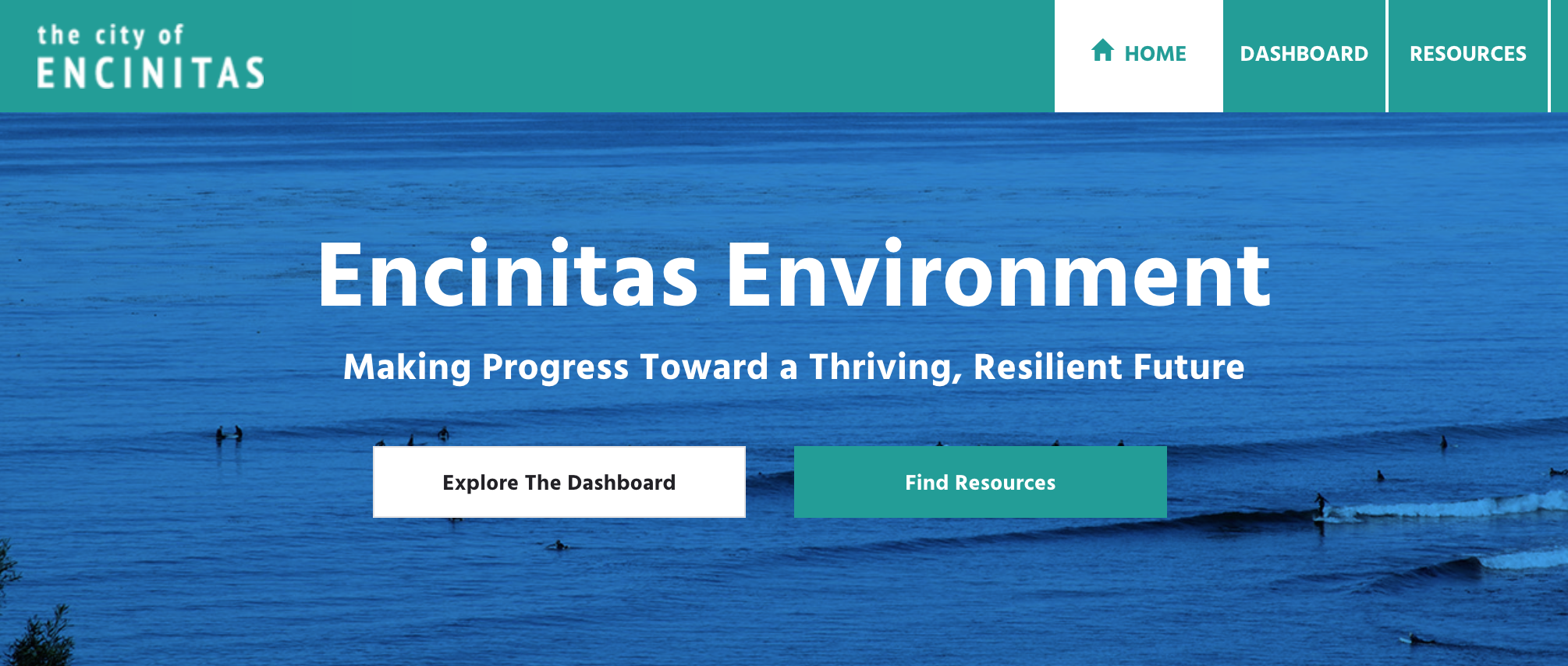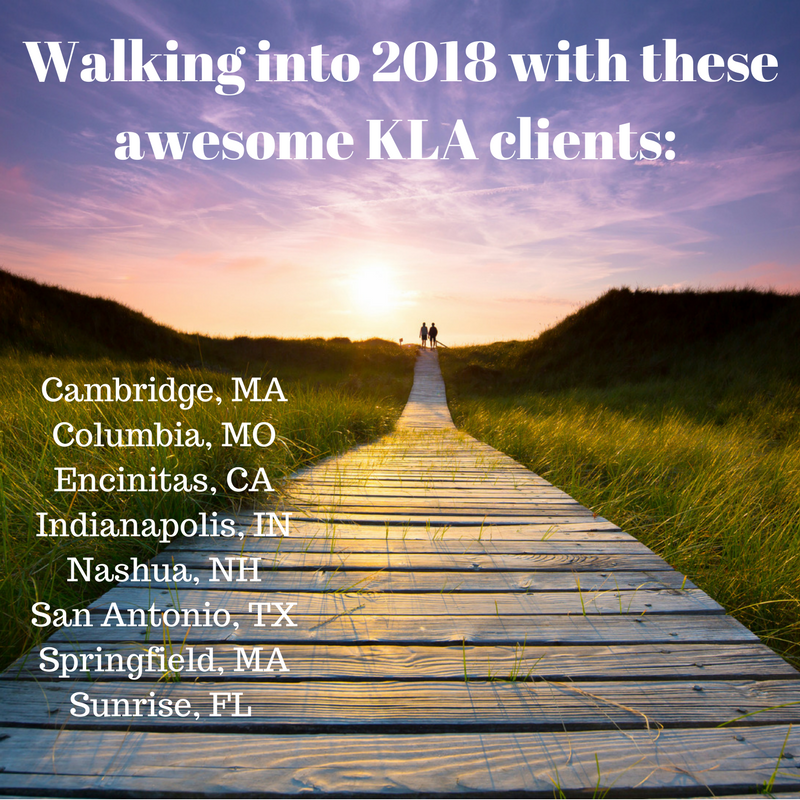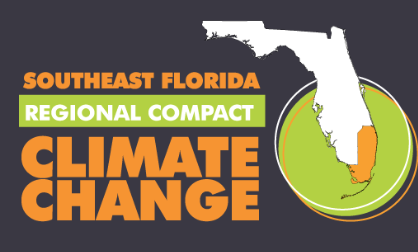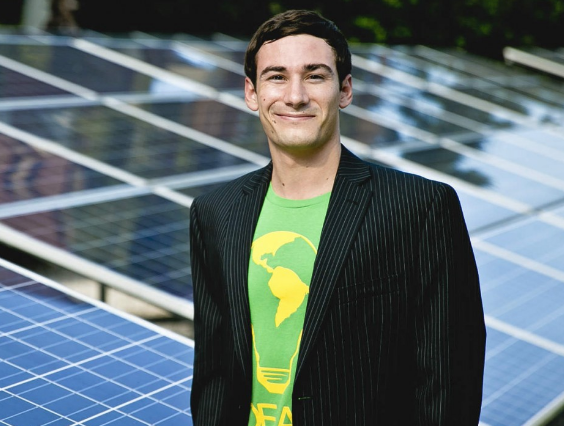The KLA team just returned from the American Planning Association’s National Planning Conference in New Orleans -- both exhausted and reinvigorated. From the Women in Planning steamboat cruise to adventures in the French Quarter to watching our colleagues (and some of our work) on the Green Streets Lawrence Health Impact Assessment (which we did a podcast on last year) recognized with an Achievement Award, it was certainly a celebratory trip.
But you could find us most of the time at our booth in the Exhibit Hall’s Tech Zone where we were busy chatting with planners, students, researchers, and other consultants from the US and around the world.
The “Podcast for Planners” sign caught their eye, and dozens of people snapped photos so they could log on to iTunes or Sound Cloud post-conference and get our SAS Talk with Kim (Sustainability Action Series) podcast in their que. Our most recent topics include open data, climate adaptation planning and participatory budgeting. Sounds like a bunch of you listen to podcasts on your commutes!
Our Storytelling Guidebook was another popular request. If you didn’t get a copy, download it for free here. We were thrilled when more than 40 people packed the Tech Zone presentation area for our “How to Turn Your Data Into a Story” interactive session. What resonated with people was all the data we have access to, but that we either keep it buried in internal documents or put confusing, out-of-context bar graphs and pie charts up on a website and expect people to “get it.” It can make a huge difference if we tease a story out of the data.
KLA Community Dashboard: Keep the Conversation Going from Kim Lundgren on Vimeo.
And our new video about our Community Dashboard 2.0 grabbed their attention. You can watch it here. After they watched it we walked them through a few of our current Dashboards --- from Nashua , Encinitas and Cambridge – and showed them some of what we’re working on and that you’ll see soon in San Antonio and Indianapolis, among others. (If you missed it, you can learn more about the Dashboard here. )Engaging Planners with Community Engagement
Heads were nodding and sighs were audible as we talked about this all-too-common scenario: You spend so much time and resources on the planning process, whether it’s a comp plan, sustainability plan, transportation plan, etc. You do a pretty impressive job of engaging the community through meetings and events and online tools like social media and surveys. You get them jazzed. You build a fancy website. Your plan is passed. And then what? Does the plan sit on the shelf? Is your community left wondering what’s happening, if the plan is working and what they can do?
That’s where a platform like a Dashboard can keep the conversation and the engagement going beyond the planning process. The theme of community engagement was ever present for KLA at the conference, both in what we were discussing at our booth but also in the sessions we attended -- where we heard about Austin's efforts to think outside the box (we liked their engagement of business owners to reach employees); the "On the Table" approach from Lexington, KY, that lets people connect over food in the forum with which they are most comfortable; and the online engagement strategies employed by MetroQuest.
We came away from NPC18 with new ideas for how we can refine our tools and services to address current needs, new insight into the challenges that planners face especially in the sustainability sphere, new friends (plus lots of time to hang out with old friends, like Doug Melnick of San Antonio, at right) and new partners.
P.S. FEMA's Virtual Reality experience IMMERSED could be a game-changer for communities where flooding and natural disasters are a concern -- which pretty much covers us all. It's a truly powerful exercise that lets you experience and flood crisis and see the benefits of hazard mitigation first-hand. We were blown away by it and could see this being particularly useful for elected officials and other decision makers.

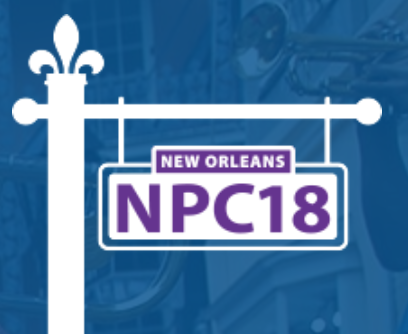



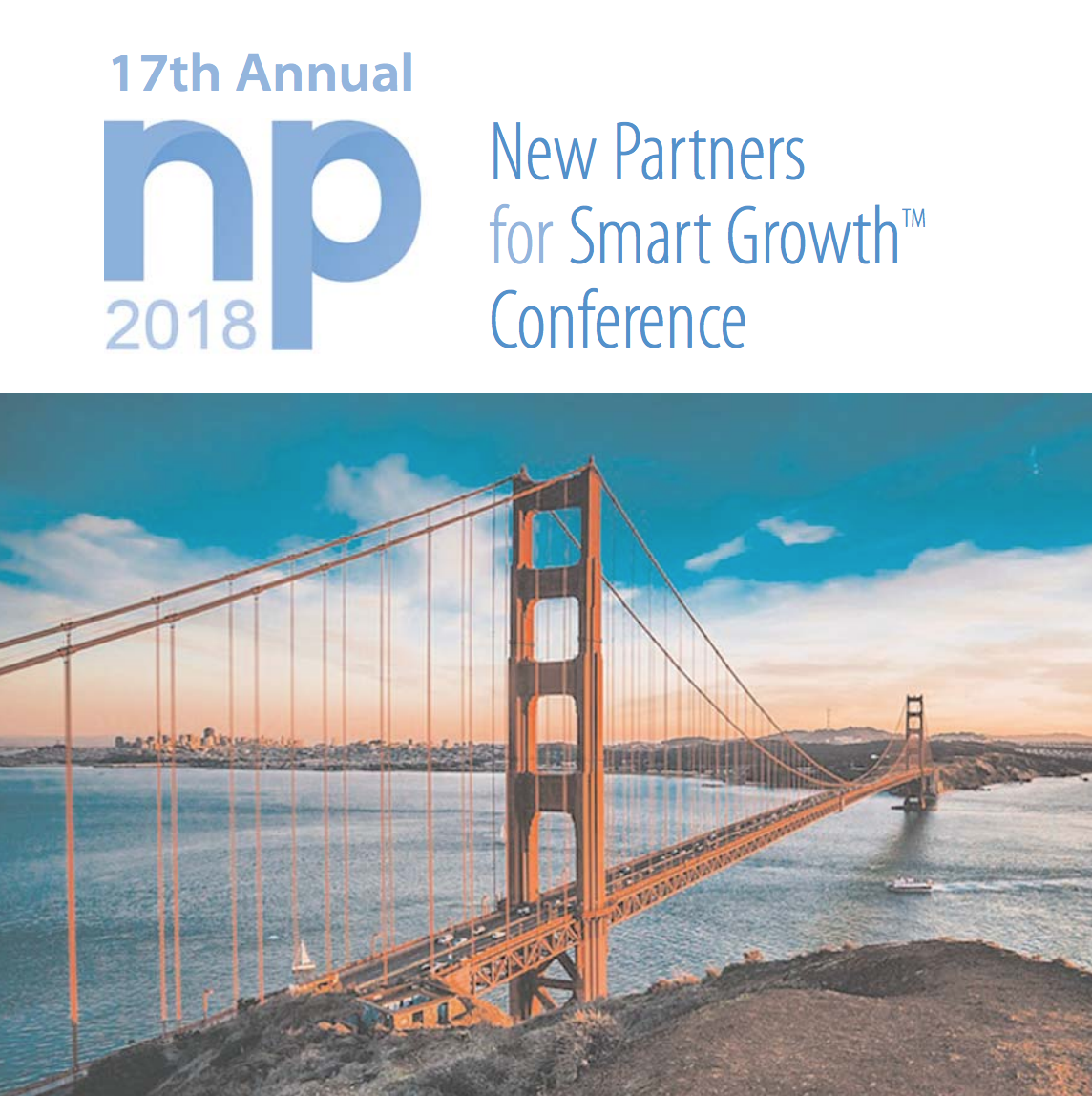
.jpg)
